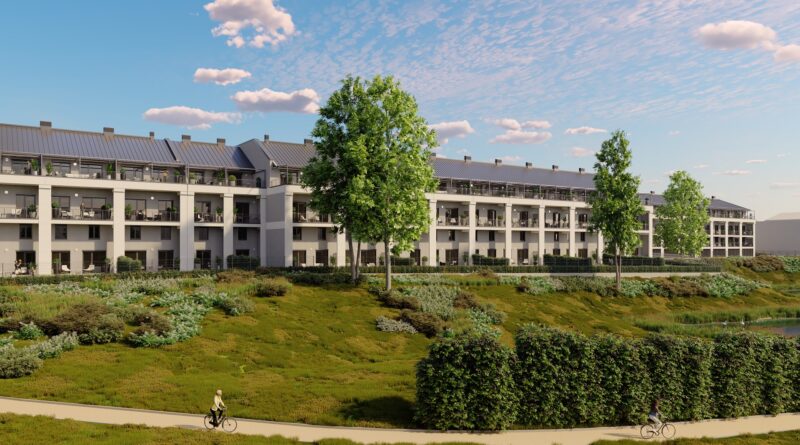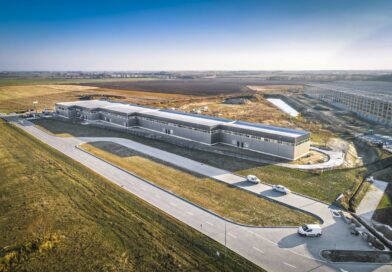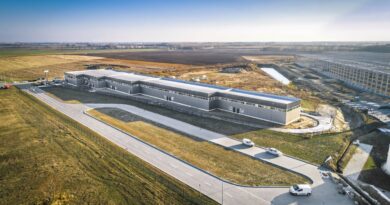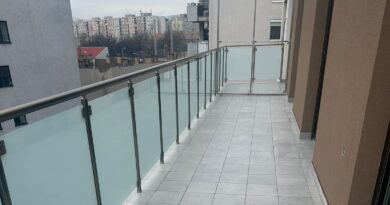The Office Market in CEE shows growing activity
The real estate investment market is on the rise in the CEE region. Hungary follows the positive regional trend with a small lag. In Budapest new office developments remain at a low level for the time being, however, tenant demand is on the rise and new companies have appeared on the market that are actively seeking new offices supported by their global growth – informed journalists the experts of CB Richard Ellis (CBRE) at a Press Conference.
After the 2009/2010 back drop, real estate investors discovered the CEE region again, and while the turnover is far from the peak of 2007, the share of the region in total European real estate investments have approached the average. According the data of CBRE, the Hungarian market follows regional trends with a small lag in 2011, similarly to the previous years.
Decreasing yields also suggest that the crisis is over: similarly to the average yields in the EU-15, they have started to decrease in the region as well. “Nevertheless yields reflect risks and geographical differences more precisely than two years ago.” summed up the situation Gábor Borbély, Senior CEE Analyst of CBRE. He added that “yields are under a two-way pressure: increasing interest rates would push yields out, while growing demand supports further compression. In Q1 2011 prime office yields stood at 7.5% in Budapest, while at 6.5% in Prague and 6.25% in Warsaw.
Regional differences are obvious in developments as well: in markets where vacancy rates are lower (Warsaw, Prague) developers are more active, while in Budapest the number of new constructions is very low. “More importantly, most of the newly developed office stock in Budapest is already pre-leased, and only one third is speculative.” stated Judit Varga, Head of Office Agency at CBRE.
Concerning tenant demand, new strategies and strengthening activities are present. Some sectors are expanding and Budapest is attractive to new investors again. Tenants are more active, the number of inquires is growing and more tenants are ready to move as opposed to previous years when tenants only renewed their contracts. “A new tendency is that Budapest is competing not only with its regional peers but also with Ireland.” said Adrienne Konthur Managing Director of CBRE Budapest.
Price competition, characteristic in the past years, is not typical anymore, however, a new type of segmentation is taking place on the market. In a handful of office buildings that represent the top of the prime office supply, rents have increased somewhat, while in better “A” category office buildings – taking up 25% of the stock- rents stayed flat. The remainder of the stock, representing the majority of the supply in Budapest, offers relatively mediocre services, partly because owners did not renew them in the past decade. On the demand side, new tenants have appeared on the market who are ready to pay a higher price for a better quality and aim at optimizing total operating costs (rents and utilities). New green office buildings are attractive for these tenants, because they are energy efficient and offer flexible floor space arrangements.
































